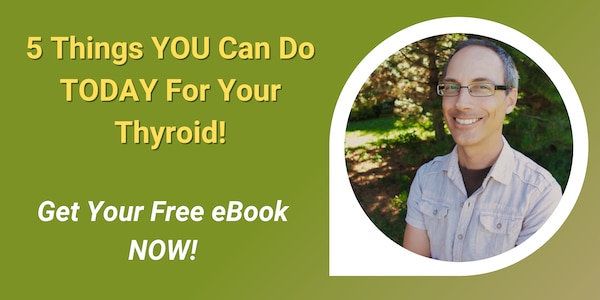**Video Transcript**
What if I said that “low-fat” foods may not be as healthy as we’re led to believe?
If you’re curious how this could be, stick with me to the end.
The Low-Fat Food Myth
For a long time now, the food industry has been marketing foods with low levels of fat in them as healthy alternatives to their full-fat cousins.
Some examples of “low-fat” food include:
- Skim milk
- Low-fat yogurt
- Low-fat or no-fat cottage cheese
- Low-fat salad dressing
- Egg whites
- Skinless poultry
However, just because something has a “low-fat” label doesn’t mean it’s good for your health.
In fact, it’s most likely worse than the full-fat version. These products may be low in fat but they’re typically high in sugar. This trade-off is made because sugar is used to counteract the loss of flavour that results from removing fat. And we know that too much sugar can be harmful to your heart and increase your risk of developing diabetes.
The Truth About Saturated Fats
Also, the healthy fats found in yoghurt and other fatty foods are not something you should avoid. On the contrary, you should be looking to consume nutritious, natural fats like those found in full-fat yoghurt and whole eggs.
But don’t they contain saturated fat? Isn’t that bad? Not according to research. Several studies have been published in the past several years showing no increase in the risk of dying from cardiovascular disease with higher saturated fat intake1.
In fact, some research suggests that certain foods that contain saturated fat, like yogurt, cheese, and fish, may reduce your risk of heart disease2.
So, if low-fat products aren’t good for you, what should you eat instead?
Regular yoghurt without any fats removed is your best bet, especially one containing live cultures. As with all dairy, you should keep an eye out for products from grass-fed cows — and buy organic whenever possible.
Instead of egg whites, eat whole eggs. Ninety-nine percent of the egg’s nutrition, including the healthy fat, is in the yolk. If you eat poultry, include the skin. I would only recommend this if the poultry is organic, since pesticide residues and other toxins found in non-organic poultry, tend to collect in the fatty skin.
Beware of Trans Fats
One type of fat to definitely avoid, though, is trans-fat. This is a synthetic fat that appears in many processed foods that use vegetable oil. It may also be present on fresh fruits and vegetables as a preservative. For more information on that, have a look at my previous video about a certain chemical that may be hiding on your produce. The link is in the notes below.
Consuming low-fat products might seem like a favour to your health, but you may be doing more harm than good.
Thanks for listening! Please don’t forget to like, subscribe, and comment. I’m Dr. Pat Nardini, ND. Keeping Your Wellness First.
Until next time, this is Dr. Pat Nardini, ND, putting “Your Wellness First!”
If you have questions about naturopathic medicine, or you’d like to take your first step into the world of naturopathy, contact us at Nardini Naturopathic, and let’s book an appointment.
Yours in health,
Dr. Pat Nardini, Naturopathic Doctor
320 Danforth Ave suite 206,
Toronto, ON, M4K 1N8
-https://g.page/NardiniNaturopathicDanforth
Dr. Pat Nardini, ND is a licensed doctor of naturopathic medicine in Toronto, Ontario. He offers science based natural health solutions with a special focus on thyroid conditions.
